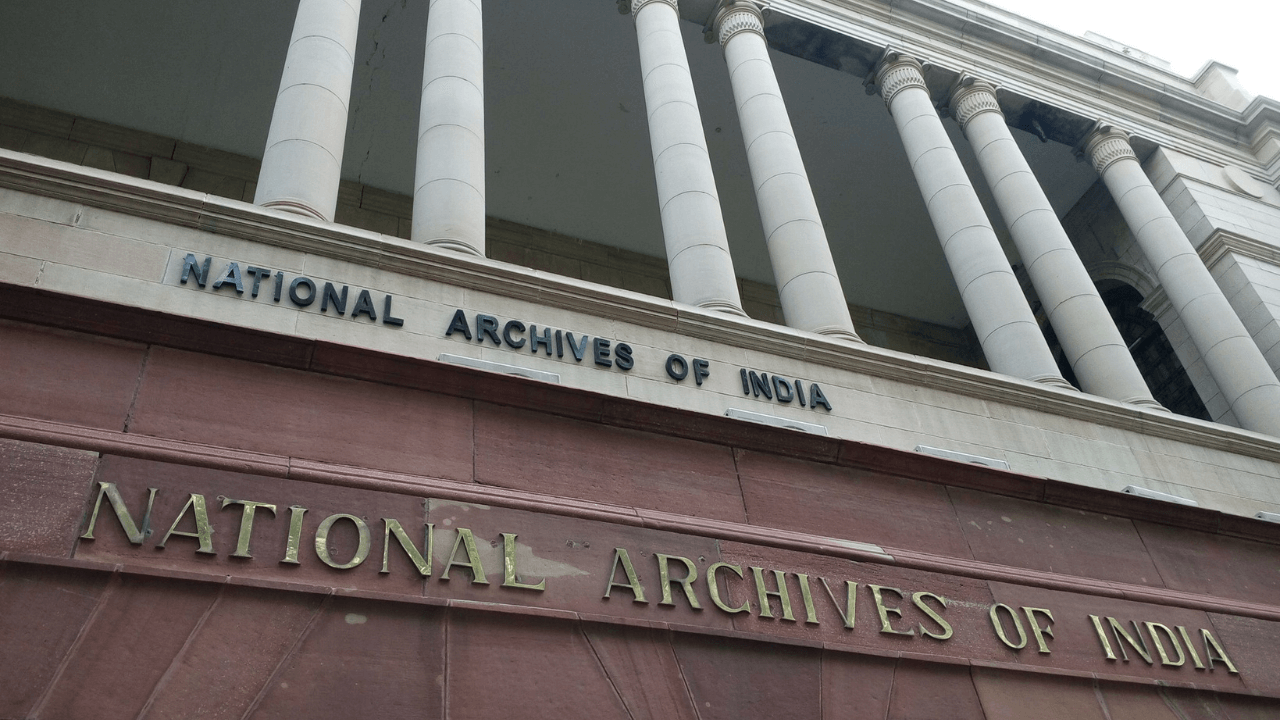The National Archives of India has made a significant acquisition by obtaining the valuable collection of the late Dr. Ram Bux Singh. Dr. Singh, an internationally acclaimed scientist, made groundbreaking contributions to the field of biogas technology. This acquisition marks an important addition to the archives, preserving the legacy of Dr. Singh’s pioneering work in the field.
About Dr. Ram Bux Singh
Dr. Ram Bux Singh, a native of Sitapur District in Uttar Pradesh, embarked on a journey in the field of engineering and dedicated his life to the advancement and widespread adoption of renewable energy, with a particular emphasis on biogas technology. Throughout his lifetime, Dr. Singh committed to creating a self-reliant, domestically sourced system for producing and supplying low-cost fuel. His vision was to develop a sustainable approach to clean energy production that could benefit communities and the environment.
His Valuable Collection
The collection of papers from Dr. Ram Bux Singh has been safeguarded from neglect and obscurity by his family. It represents a diverse and historically valuable archive. It includes his academic credentials and an extensive compilation of extracts from journals and newspapers that attest to his exceptional contributions.
- These materials meticulously document his pioneering work in the field of biogas technology.
- Within this collection, one can find files, framed pictures, original identification cards, and a selection of books in both Hindi and English.
- This treasure trove of resources offers a unique and invaluable corpus of material for researchers interested in exploring the history of post-independence scientific developments.
- It is a significant addition to the already rich Private Archives collection at the National Archives of India, contributing to the preservation of India’s scientific heritage.
About the National Archives of India
The National Archives of India serves as the guardian of the non-current records of the Government of India, holding them in trust for the benefit of administrators and scholars. It operates in accordance with the provisions outlined in The Public Records Act, 1993. Archives represent the invaluable documentary heritage of any nation, and as the foremost archival institution in India, the National Archives of India plays a pivotal role in fostering and shaping the development of archival awareness both at the national and state levels.
The National Archives of India functions as an Attached Office under the Department of Culture, Ministry of Culture. Initially established as the Imperial Record Department in March 1891 in Calcutta. It was later relocated to New Delhi following the transfer of the capital from Calcutta to Delhi in 1911. At present, the National Archives of India houses a comprehensive collection of Public Records, encompassing files, volumes, maps, presidentially assented Bills, treaties, rare manuscripts, oriental records, private papers, cartographic records, significant collections of Gazettes and Gazetteers, Census records, assembly and parliament debates, proscribed literature, travel accounts, and more.
In addition to its holdings of non-current public records, the National Archives of India also boasts a rich and continually expanding collection of private papers belonging to distinguished individuals from various walks of life who have made substantial contributions to our nation’s history and identity.
- Promoting Honesty and Integrity, Vigilance Awareness Week 2025
- India Independence Day 2025 (15th August), Theme & Significance
- Jal Jeevan Mission, Ensuring Safe and Sustainable Drinking Water
- International Day for the Eradication of Poverty 2025, Theme, History & More
- Maharishi Valmiki Jayanti 2025, History, Significance & How to Celebrate
- World Anesthesia Day 2025, Theme, History & More

Hello, I’m Aditi, the creative mind behind the words at Oliveboard. As a content writer specializing in state-level exams, my mission is to unravel the complexities of exam information, ensuring aspiring candidates find clarity and confidence. Having walked the path of an aspirant myself, I bring a unique perspective to my work, crafting accessible content on Exam Notifications, Admit Cards, and Results.
At Oliveboard, I play a crucial role in empowering candidates throughout their exam journey. My dedication lies in making the seemingly daunting process not only understandable but also rewarding. Join me as I break down barriers in exam preparation, providing timely insights and valuable resources. Let’s navigate the path to success together, one well-informed step at a time.






